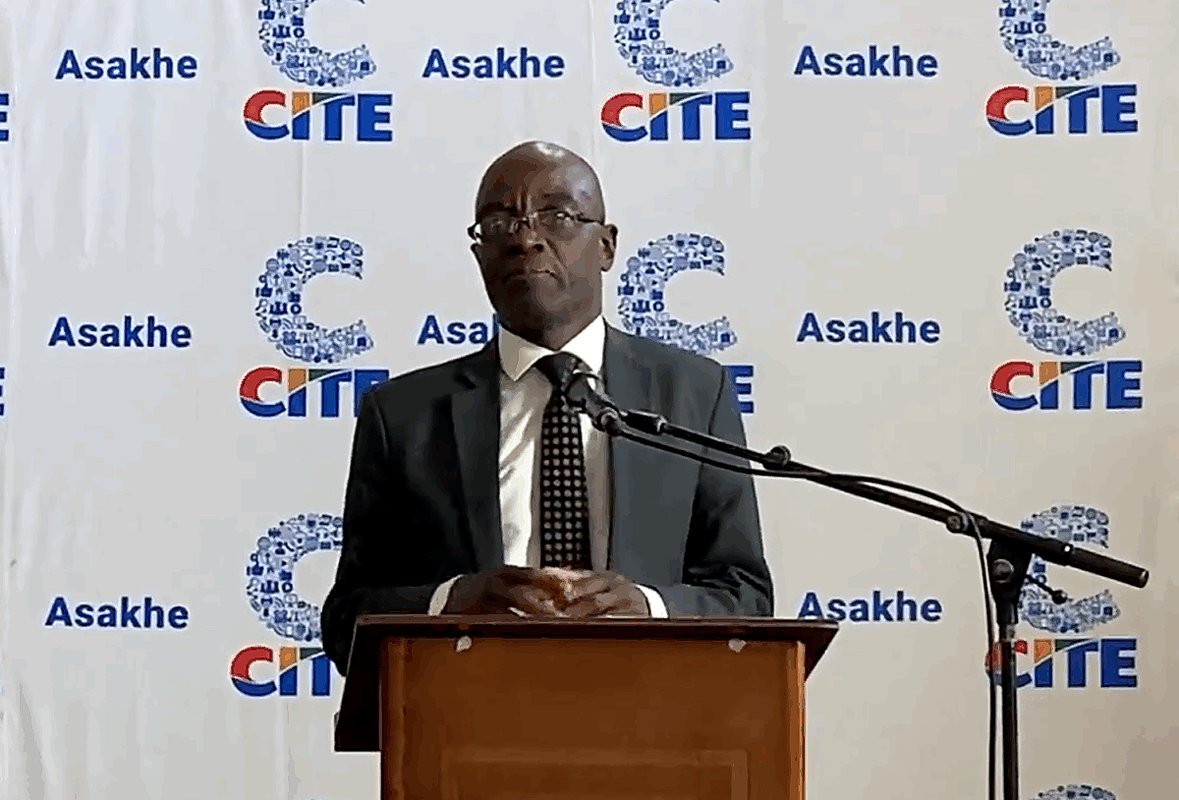The City of Bulawayo has intensified its anti-corruption drive by upgrading its internal audit function into a fully-fledged department aimed at curbing fraud and improving accountability.
The move was announced during a public dialogue on local governance and integrity, held on Wednesday at the Bulawayo Club.
The event was organised by the Centre for Innovation and Technology (CITEZW), the Public Policy and Research Institute of Zimbabwe (PPRIZ), and the Bulawayo Progressive Residents Association (BPRA).
Sizo Sithole, Acting Director of Internal Audit and Risk Management, said the new department is already operational, with four certified auditors focused on identifying and preventing corruption, particularly in high-risk areas such as procurement and service delivery.
“Procurement is a key area where we’ve seen vulnerability. We now have our hands on deck to monitor these processes closely,” he said.
Sithole also highlighted other critical areas such as drainage maintenance, water, and sanitation, departments that interact directly with residents and are susceptible to abuse of office.
The internal audit upgrade follows a council resolution passed a decade ago, which called for the integration of fraud and corruption investigations into council operations. Sithole said the city is also finalising the creation of a whistleblower mechanism to make it easier for residents to report misconduct.
The council’s renewed anti-corruption efforts come amid growing public anger over a series of graft scandals, the most prominent being the disappearance of more than 280 drums of road surfacing bitumen from the city’s Kelvin North depot in June 2025.
According to an internal audit, the missing consignment, including 20 drums of MC30, and 9 drums of Stable 60, worth a combined US$82 000, vanished under unclear circumstances. A formal police report was filed with the Western Commonage Police Station, and investigations are ongoing.
“We are involved in high-profile cases, including the ongoing ‘280 drums’ investigation, which is being handled in partnership with ZRP,” Sithole said.
The city has also established an Integrity Committee, as part of a ZACC national initiative, and introduced an Enterprise Risk Management Unit. Sithole said the new unit will proactively identify and assess risks across all departments to prevent corruption before it occurs.
“With risk management, we are shifting from reacting to problems to preventing them,” he said.
Source: CITE
Source: CITE
